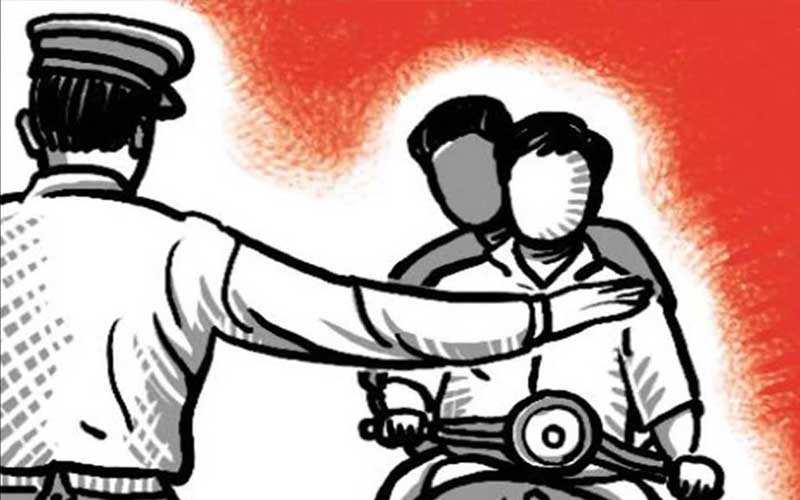Following an update, the Motor Vehicle (Amendment) Bill (MVA) Bill was introduced in the Union Cabinet on Monday, 24 June 2019. After which, it will now be brought to the Indian Parliament for discussion and debate in the monsoon session. The bill is aimed at making the roads safer by imposing hefty fines for breaking laws.
The revised Motor Vehicle (Amendment) Bill was initially proposed in 2016 but failed to get the approval from the Rajya Sabha in the Central Government’s previous tenure. The lapse of the Lok Sabha session meant that the Bill would have to be represented in the current Lok Sabha session. Though the implementation of the MVA Bill will take a while, here are a few of the key features of the Bill:
Revised and increased fines
The fines, for violating traffic laws, have been increased drastically with the motive of improving road safety throughout the country. Driving without a licence would have been charged Rs. 500, but now, having increased ten times, the violators will have to pay a fine of Rs.5,000. Also, driving without a seatbelt, or helmet would have attracted a fine of Rs. 100. But as per the revised Bill, the fine has been hiked to Rs.1,000. Drunk driving, was earlier penalised with Rs.2,000, will be now carrying a fine of Rs 10,000. Moreover, an additional fine of Rs. 10,000 will be imposed on those not giving way to emergency service vehicles such as ambulances, fire engines.
Drivers of app-based cabs, like Ola and Uber, will also be fined heavily if they are found violating the laws.
Applying for a driver’s licence
Following the implementation of the revised MVA Bill, there will be a few changes in the application process, for a driving licence. For a new licence, the Aadhar number of the applicant is necessary. Moreover, the validity of the driving licence has been reduced, by 50%, from 20 years to 10 years. Those renewing their licence, after the age of 55, will receive a licence valid only for 5 years. The Bill also proposes chucking out the payout limit on third party insurance.
In the case of a defective vehicle, the manufacturer has to recall the defective vehicle. Additionally, they have to reimburse the buyer with the total amount that was paid.
As the Motor Vehicle (Amendment) Bill undergoes the various stages of implementation, all in the efforts to increase road safety, the Ministry of Road Transport and Highways has requested for the standardisation of driving licences throughout the country. Already the issuing of E- challans have been initiated wherein anyone can check the challans issued against them and also pay the appropriate fine amounts online on the Government’s “Parivahan” website.










Discussion about this post